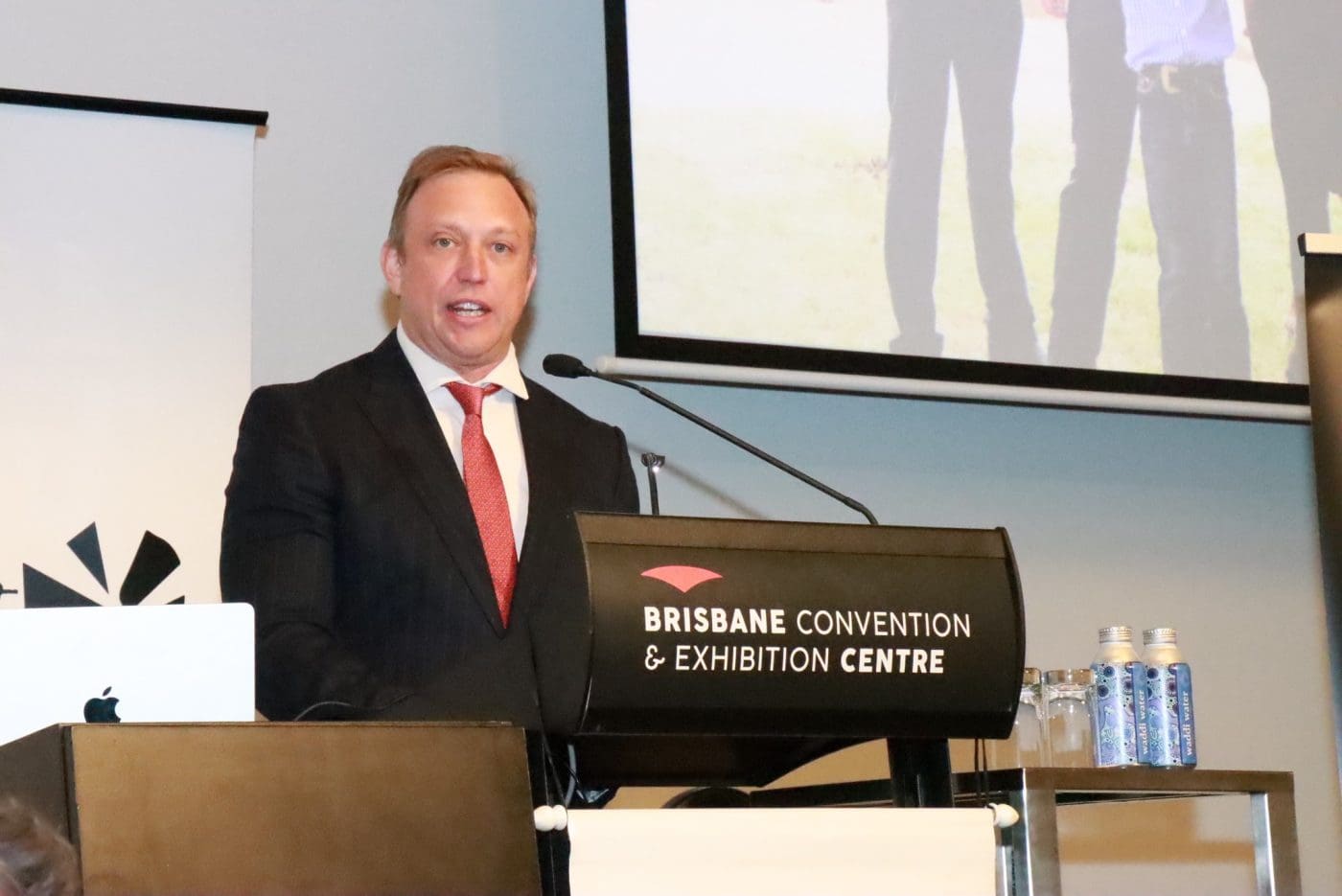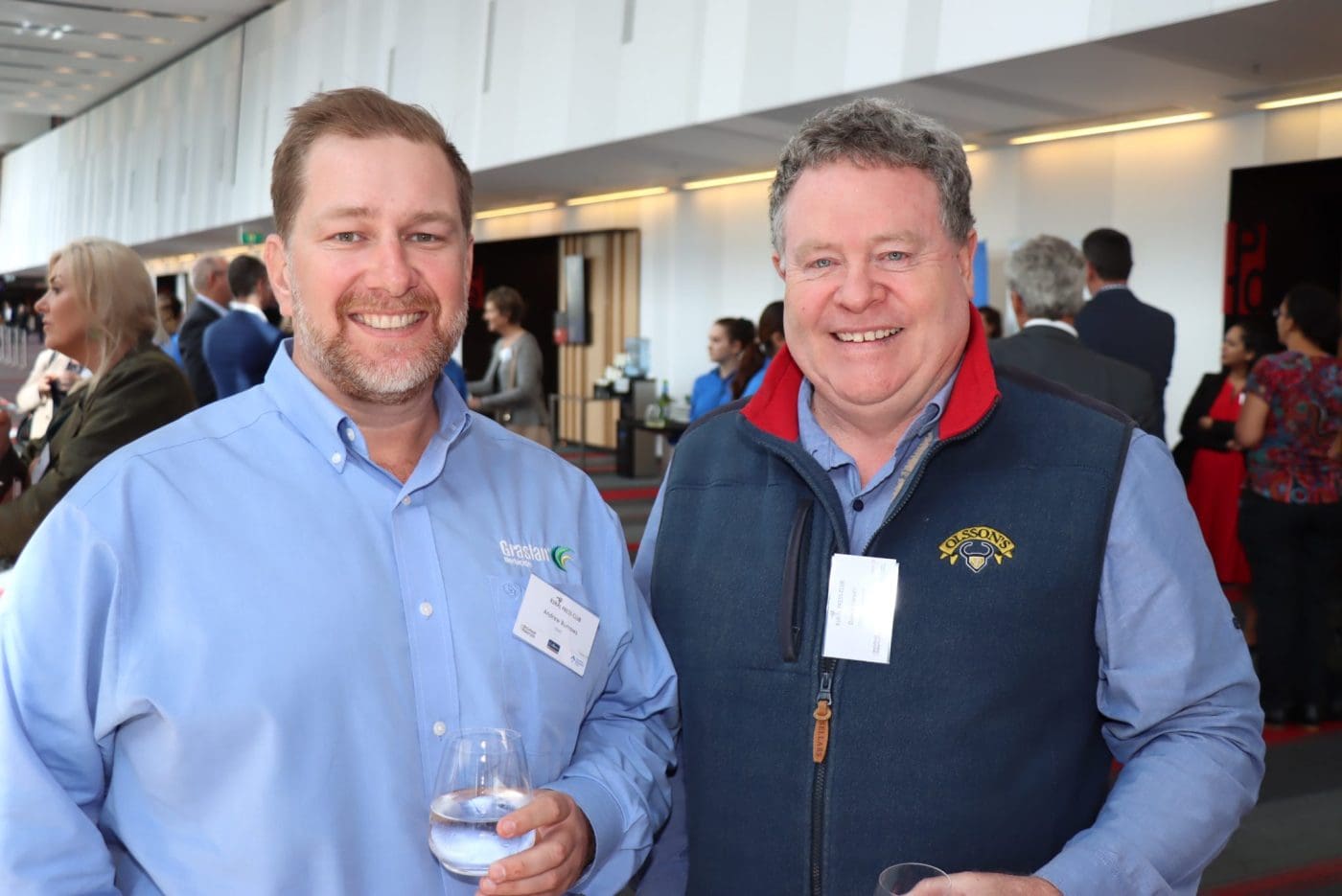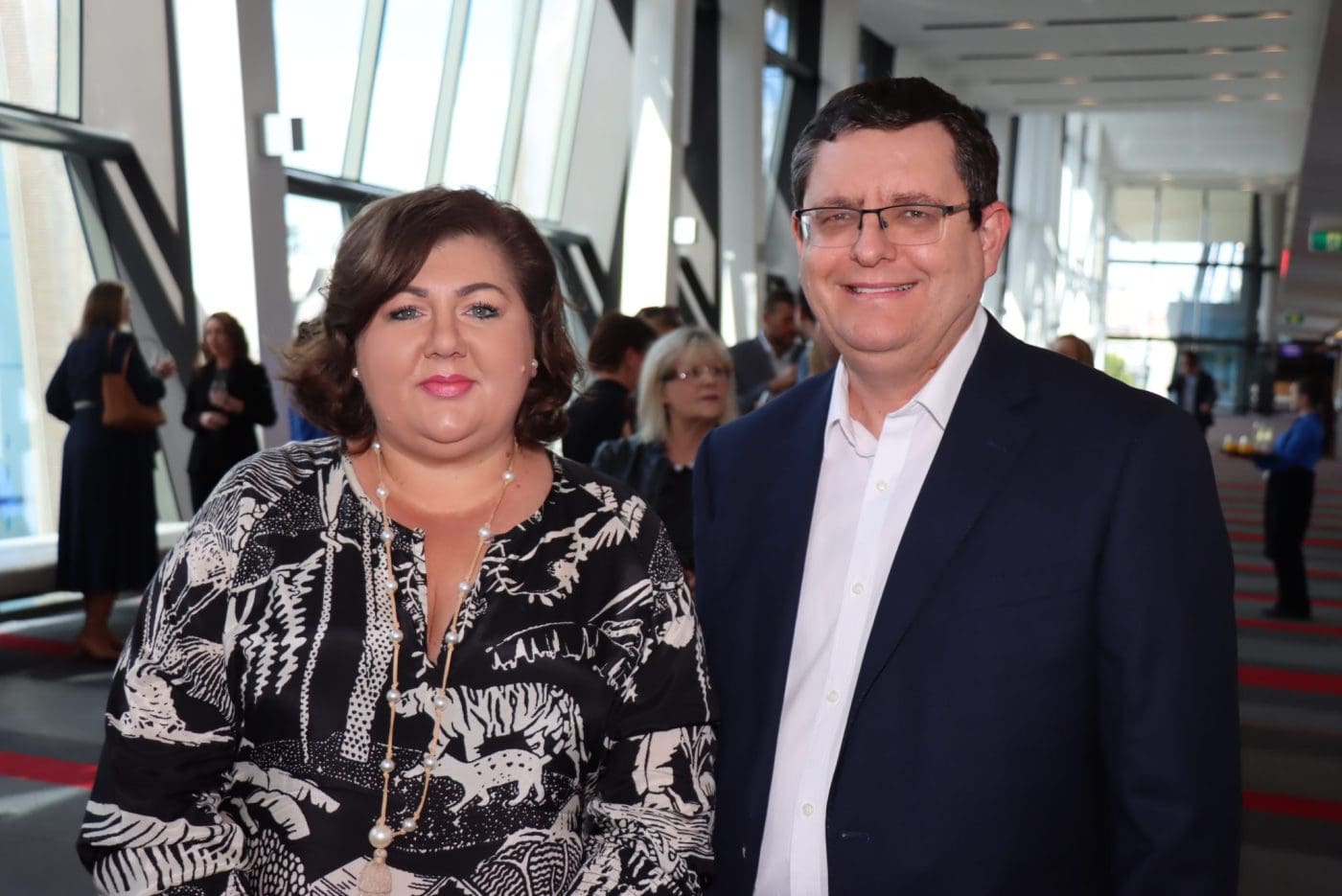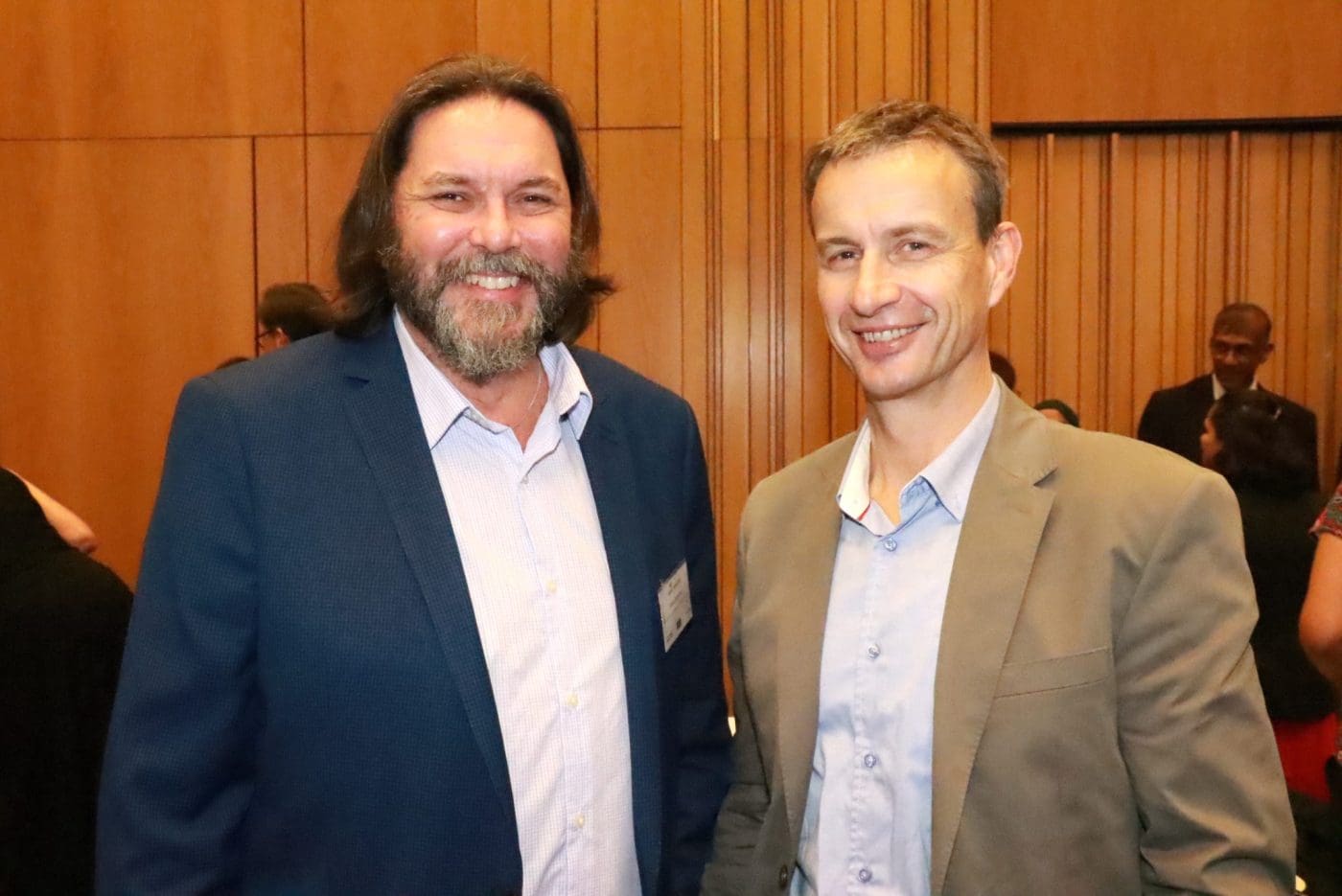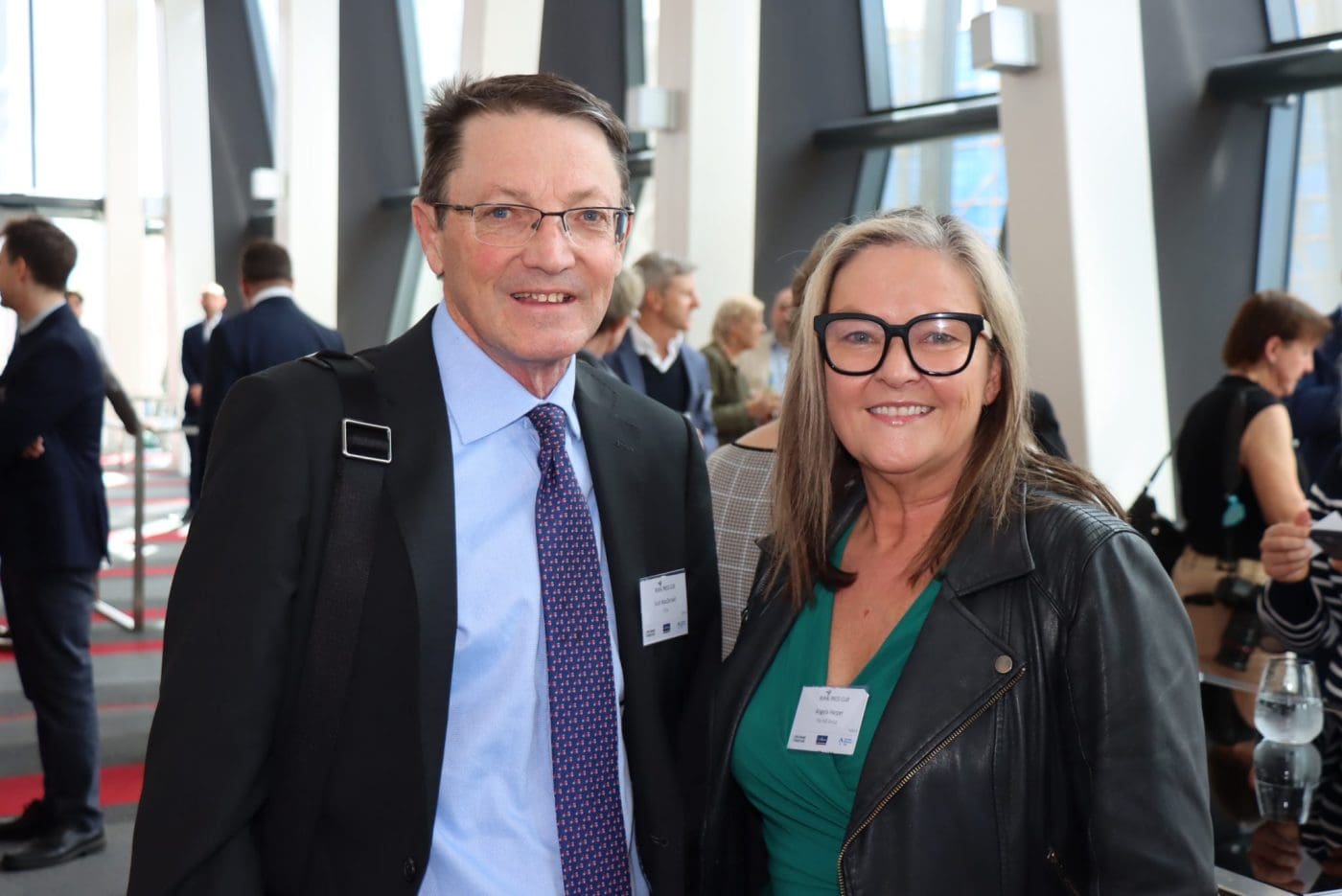INCUMBENT Queensland premier Steven Miles has acknowledged the state as an agricultural powerhouse saying the industry is continuing to make a big contribution to the economy and to the state’s climate targets.
The premier was obviously in election mode as he addressed the Qld Rural Press Club yesterday, covering a range of subjects including emissions targets, supermarkets and protecting the Great Artesian Basin.
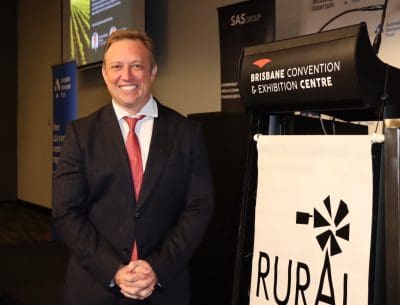 In opening his speech, he detailed the economic contribution the industry makes to the state, which he says is an agricultural powerhouse.
In opening his speech, he detailed the economic contribution the industry makes to the state, which he says is an agricultural powerhouse.
“Our primary industries make an enormous contribution, looking ahead the total value for Qld’s primary industry commodities for 2024-25 is forecast to be $23.6b – that would be the second-highest value on record,” Dr Miles said.
“Agriculture supports the entire food supply chain with an estimated value of $33.9b last financial year. Over the same period, 70,600 Queenslanders were directly employed in agriculture, forestry and fisheries.”
Emissions reduction targets important for ag future
If the polls and bookmakers are correct, the premier will be sitting on the opposition bench after the election later this year. However, an SAS report displayed on Press Club tables remarked that the Qld electorate has the potential “swing late and swing hard”.
Dr Miles was swinging hard at selling some of the Labor party’s big policies, with the premier talking up the potential of a low emissions future.
“Climate change is impacting us beyond the weather, our economy is changing because of it and Qld is not alone,” he said.
“The global market is changing, Australian consumers, our global trading partners and business investors are demanding that what we sell to them has been produced using renewable energy. Qld risks losing investment, trade opportunities and rural and regional jobs and industries if we don’t adapt to deliver what the world wants.”
Dr Miles said Qld has already reached its target of reducing emissions 30pc between the years 2005 and 2030.
“Qld’s farm and forest industry will play a big part in reaching the state’s 2050 net zero emissions target,” he said.
“Our trading partners and supply chains are demanding more transparency on emissions reduction and offsets and I know our state takes its environmental and social responsibility seriously. That is also how we can take advantage of new markets in carbon, biodiversity and land restoration.”
Push for more GAB protections
The premier took the chance to thank the crowd, which was full of lobby groups, for their efforts in lobbying against a proposal to pump waste CO2 into an aquifer of the Great Artesian Basin – a note that picked up a cheer from the crowd.
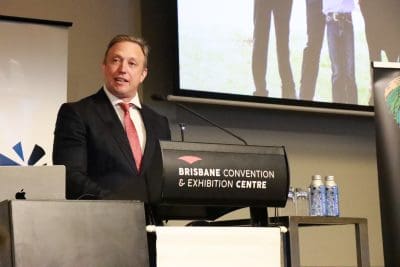 Following a decision to not grant the proposal its environmental approvals, the premier banned similar projects in Qld and called on other states and the Federal Government to implement similar legislation.
Following a decision to not grant the proposal its environmental approvals, the premier banned similar projects in Qld and called on other states and the Federal Government to implement similar legislation.
The proposal was originally granted Federal Government approval under the former Coalition Government – which has now changed its position.
Taking a swipe at the former Federal Government green lighting the proposal, Dr Miles said he always thought it was a bad idea.
“The environment department said the project would cause irreversible change to groundwater quality, many of you in this room deserve credit for your bravery in standing against that plan,” he said.
“Just like we seize the opportunity must secure Qld’s renewable energy future, we also need to ensure Qld’s future water security.”
Cold on nuclear
While the premier was keen to push for renewable energy developments to coexist with agriculture, he was also keen to talk down the possibility of bringing nuclear into the energy mix.
The Federal Coalition has put the idea to the electorate, promising to turn existing coal-fired power stations into nuclear power over the coming decades. The Qld LNP is opposed to the idea.
Safety and water consumption were two of the premier’s primary concerns as he said turning off a nuclear power plant and stopping water consumption was hard to do.
“We would be left having to choose between access to drinking water, irrigation or power,” he said.
“Just like the GAB, I am also concerned about the forever impact on our state should anything go wrong.”
Dr Miles drew on an incident in Japan in 2011 incident, where the country’s nuclear Fukishima power plant was hit by an earthquake and tsunami.
“Japan’s Government invested billions in removing contaminated material, with farmers having to remove topsoil and in some instance shave bark off trees,” he said.
“Impacts from long-term import restrictions were significant, 14 countries and regions imposed restrictions on Japanese food until 2022 – the EU only lifted restrictions last year and China’s restrictions are still in place.
“Just imagine if that happened here.”
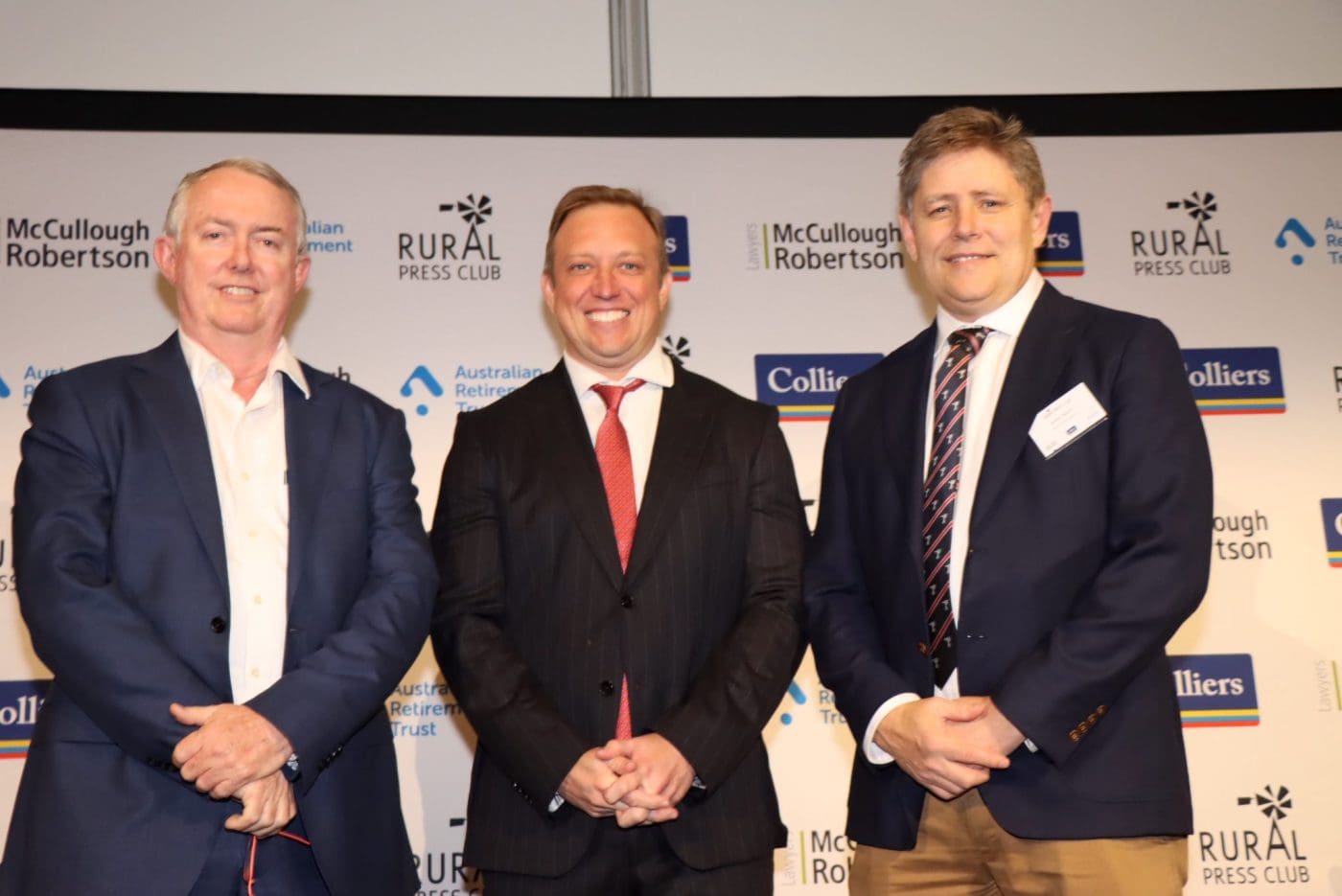
Rawdon Briggs, Collier’s Agirbusiness; Queensland Premier Steven Miles and Rural Press Club of Queensland president James Nason, Beef Central.
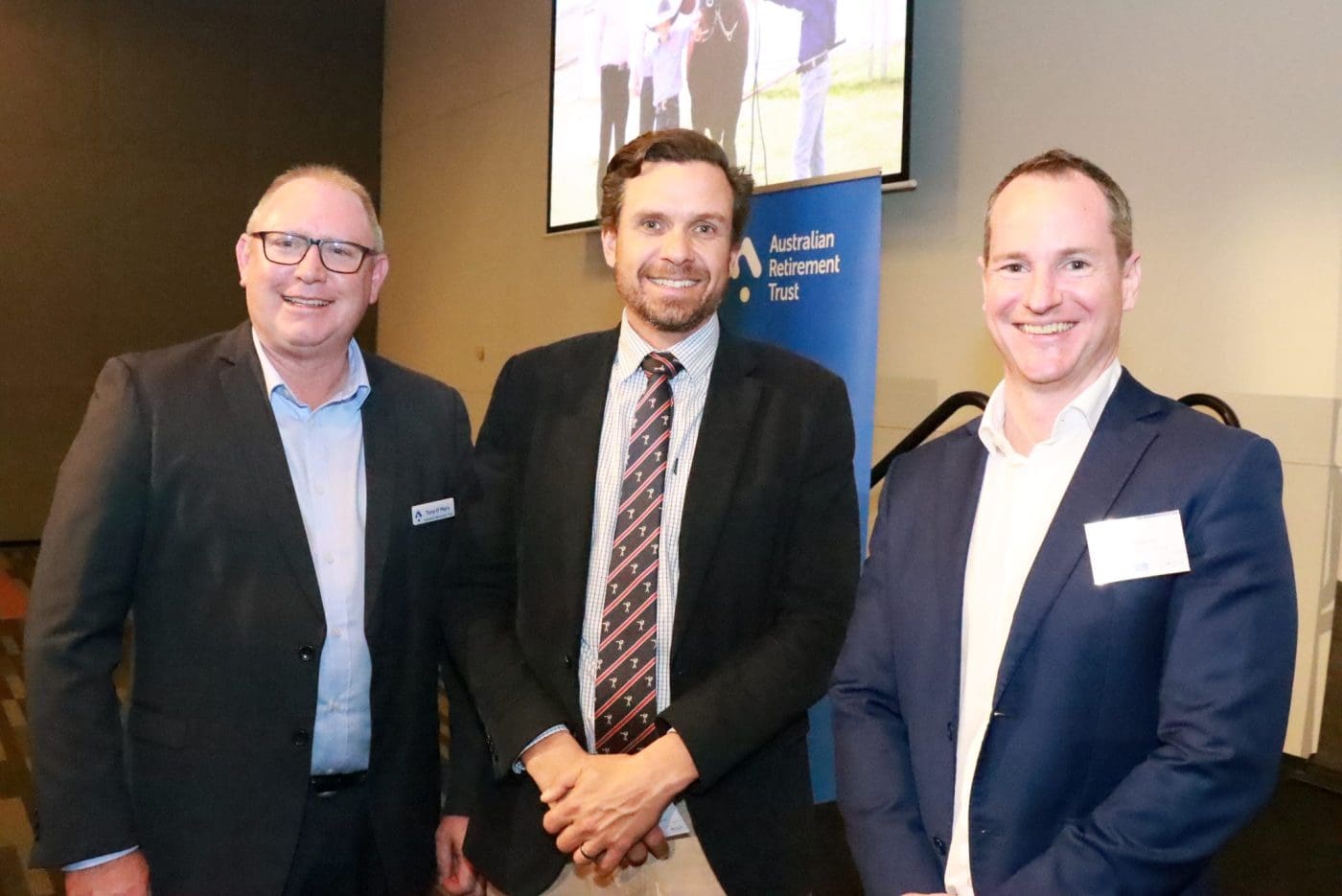
Tony O’Mara (left) and Sam Wiseman (right), Australian Retirement Trust and Anthony Lee, Australian Country Choice.
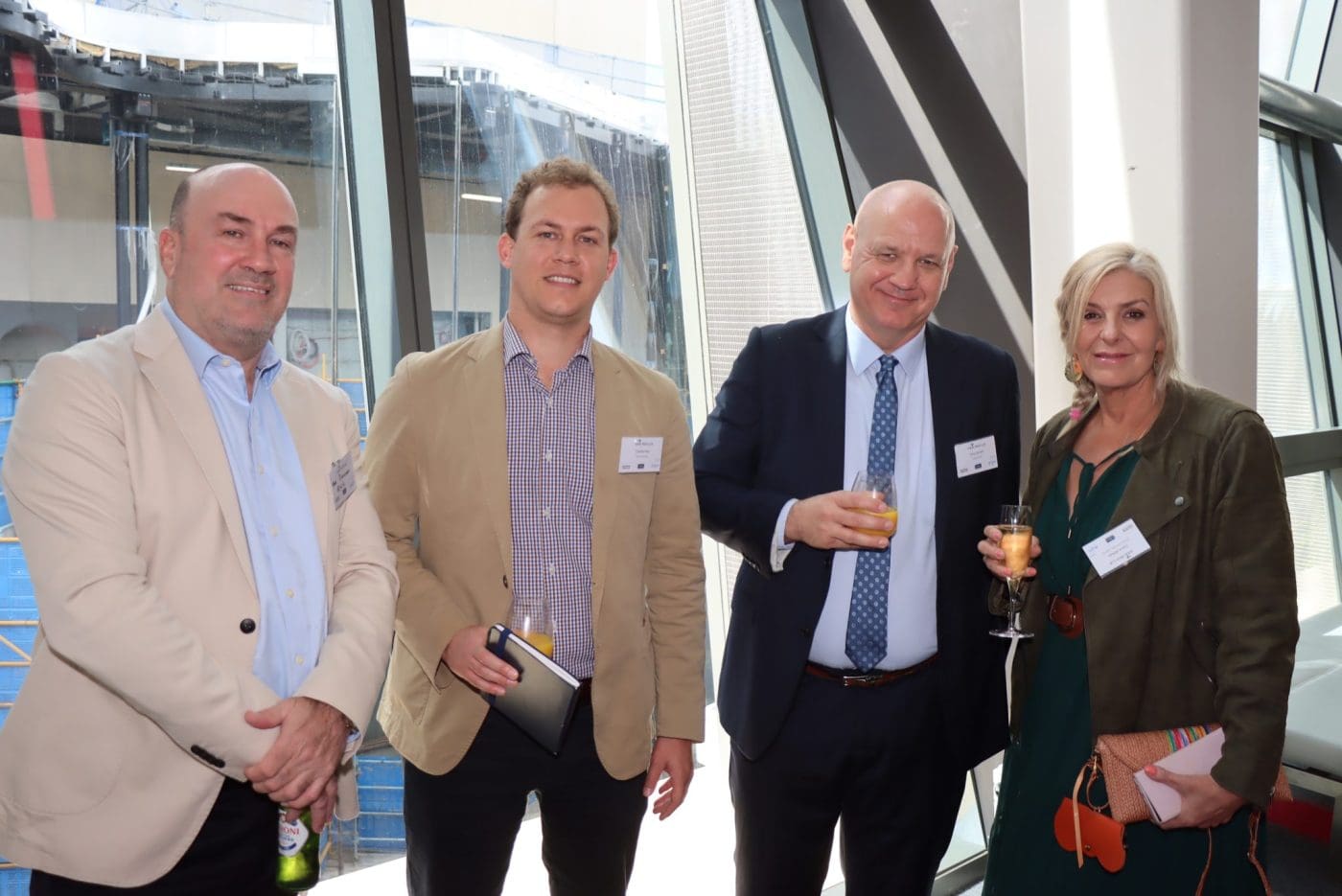
Matthew Donovan, Queensland Water Consultancy; Charlie Peel, The Australian; Tony Brown, Inland Rail, and Clare Wilkes, Taylor Connect.
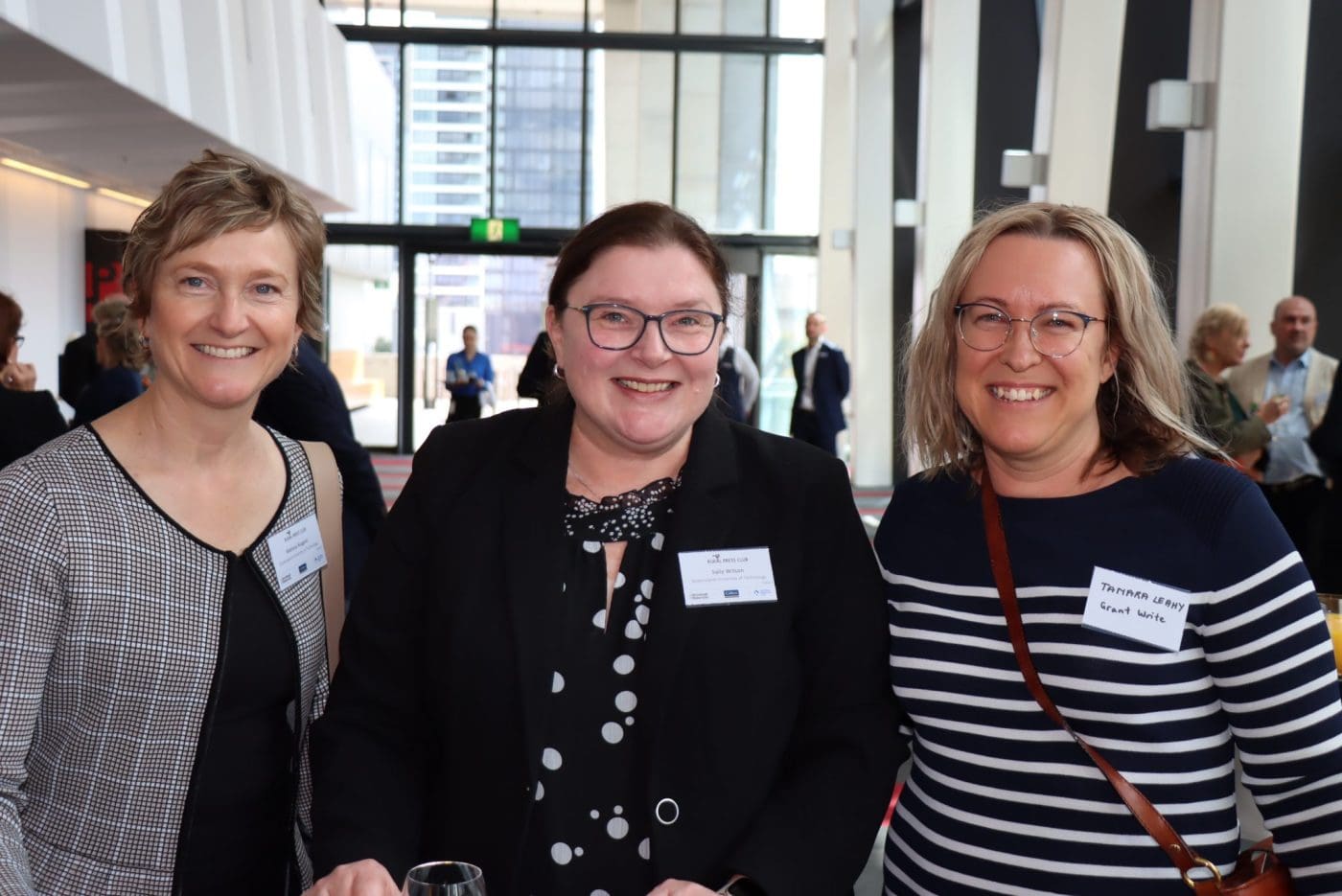
Melissa Nugent and Sally Wilson from the Queensland University of Technology and Tamara Leahy from Grant Writers.
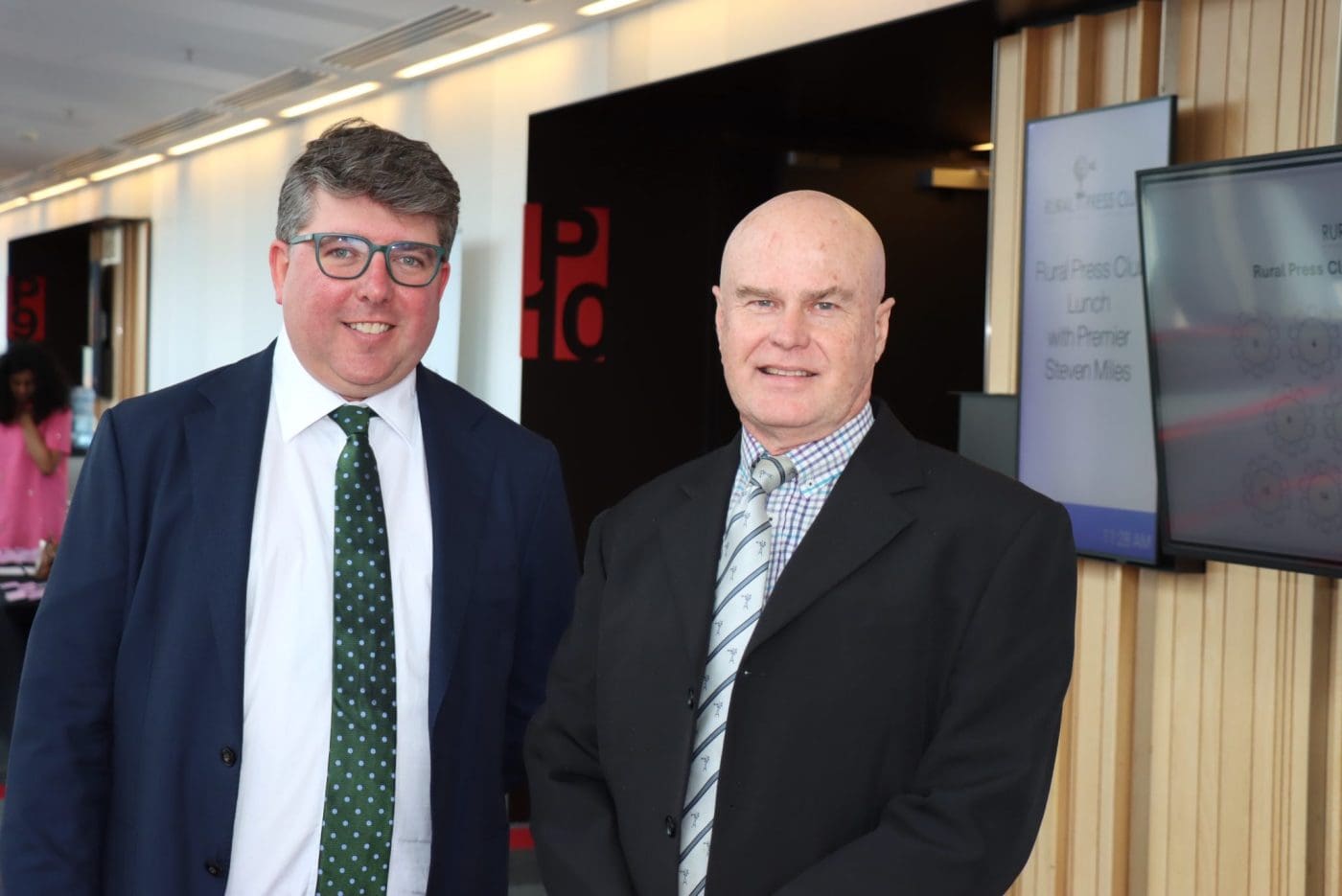
Rural Press Club of Queensland committee members Will Banks, Rabobank and Mark Pehlps, Queensland Country Life.
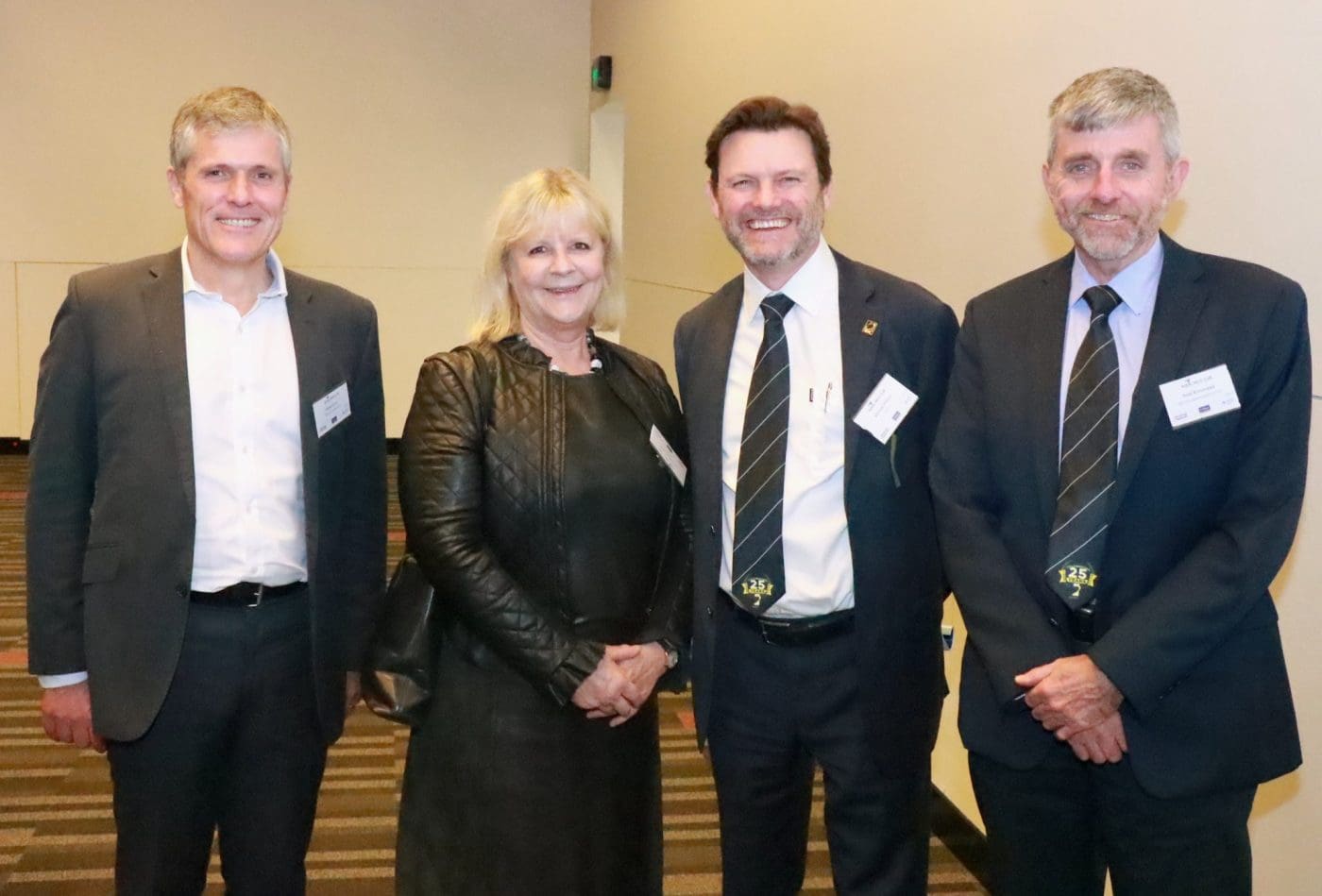
AgForce Queensland representatives Michael Guerin, Phillipa Houston, Michael Allpass and Noel Brinsmead.

